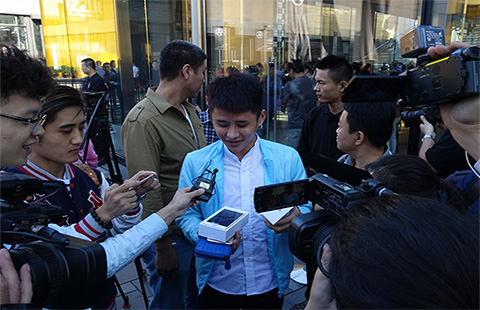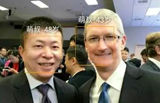Rules for foreign investment to be eased
By Gao Changxin in Shanghai (China Daily) Updated: 2012-07-03 12:03
The State Administration of Foreign Exchange is planning to simplify the foreign exchange rules pertaining to foreign direct investment accounts, the Shanghai Securities Journal reported on Monday, citing an official with the administration.
The plan is another step in the country's efforts to make the yuan fully convertible for purposes related to the country's capital account and to eventually make it a global currency on par with the dollar. The plan gained momentum recently after Shenzhen, a city in Guangdong province, was selected as a place to test out allowing a freer use of the yuan.
The acts of opening or adding to foreign exchange accounts for the purpose of foreign direct investment will no longer be subject to regulatory examinations. The same will be true for transfers between different foreign exchange accounts, the newspaper said.
Examinations will no longer be conducted on reinvestments of profits generated by foreign companies in China. And there will be a simplification of the procedures foreign investors must follow when buying Chinese equities in the over-the-counter market and applying for capital verification for investments in Sino-foreign joint ventures, it added.
"The move will eliminate a lot of procedures and make foreign direct investment simpler in China," said Wang Jianhui, chief economist with Southwest Securities Co Ltd, an investment bank.
"It's a kind of capital account liberation and I think it will lead to liberation in financial investment accounts."
The reported change follows on a pledge the People's Bank of China made in April to loosen controls pertaining to foreign direct investments that have real "transaction backgrounds".
The report said the procedures for foreign direct investment should be simplified for investments whose purpose is verified and which do not involve speculative capital.
Guo Shuqing, chairman of China Securities Regulatory Commission, said that none of the 40 items in China's capital account is totally unconvertible. Some are "partly convertible" and others "basically convertible", Guo said in a speech at the Lujiazui Forum last week in Shanghai.
Foreign investors have clamored loudly for the right to invest freely in Chinese financial instruments, including bonds, equities and derivatives.
To avoid financial instability, China's capital markets are largely off-limits to foreign investors. Only selected foreign fund managers can invest in China through the Qualified Foreign Institutional program, or QFII. In total, $80 billion in QFII has been approved. An RQFII program - the "R" standing for renminbi - followed this year. It allows offshore yuan, accrued mostly through yuan-demoninated trade settlements, to flow back into the Chinese mainland.
Last week, Beijing announced a plan to invest $45 billion to turn Shenzhen's Qianhai Bay economic zone into a "mini-Hong Kong" and test out the yuan's full convertibility.
Economists say the move will establish a mechanism that could lead to an opening-up of the country's capital account.
As a start, institutions in the region will be allowed to extend and take cross-border yuan loans.
gaochangxin@chinadaily.com.cn
- BOC expands facilities in Xinjiang for Belt and Road opportunities
- Premier urges Sino-EU investment fund launch
- Sleeping with the robot ... waking up to automation
- Life insurance pricing mechanism liberalized
- VW settles for 'old boy' Mueller to steer company out of trouble
- Time to jump on the e-commerce bandwagon
- Didi Kuaidi takes stake in India's Ola
- Top 10 most valuable Chinese brands
















